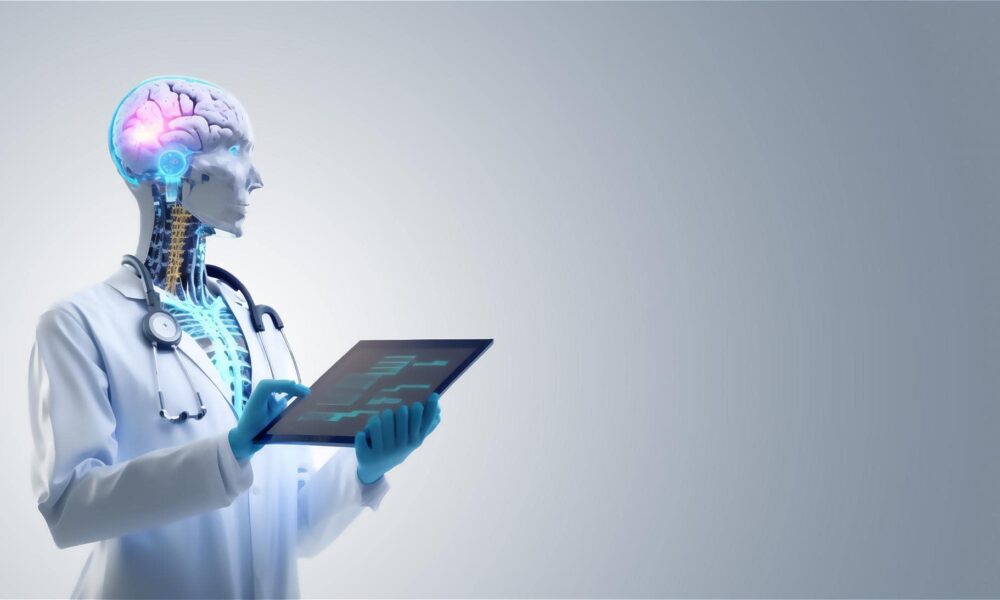AI in Healthcare: Transforming Patient Care and Medical Research
Artificial Intelligence (AI) is revolutionizing the healthcare industry, reshaping patient care and accelerating medical research in unprecedented ways. The integration of AI technologies in healthcare systems holds the promise of improving diagnostics, treatment outcomes, and operational efficiency. From diagnosing diseases to predicting patient outcomes, AI is transforming healthcare delivery and paving the way for more personalized and effective medical interventions.
One of the most significant contributions of AI in healthcare is its role in medical imaging analysis. AI-powered algorithms can analyze complex medical images such as X-rays, MRIs, and CT scans with remarkable accuracy. These algorithms can detect patterns and anomalies that might be challenging for human eyes to identify, enabling early and more precise diagnoses of conditions like cancer, cardiovascular diseases, and neurological disorders. Consequently, patients receive timely treatments, improving their chances of recovery and survival.
AI is also enhancing the drug discovery process, a traditionally time-consuming and costly endeavor. By analyzing vast datasets, AI algorithms can identify potential drug candidates and predict their efficacy and safety profiles. This data-driven approach accelerates the research and development of new medications, leading to more efficient treatments for various diseases. Additionally, AI is utilized in clinical trials to optimize patient recruitment, monitor participants, and analyze trial outcomes, streamlining the research process and reducing costs.
In patient care, AI-powered virtual assistants and chatbots are being employed to provide personalized healthcare information, medication reminders, and mental health support. These virtual tools enhance patient engagement and adherence to treatment plans, fostering better health outcomes. Moreover, AI-driven predictive analytics help healthcare providers anticipate patient needs and allocate resources effectively, improving the overall quality of care and patient satisfaction.
AI also plays a vital role in genomics and precision medicine. By analyzing vast genomic datasets, AI algorithms can identify genetic variations associated with diseases and predict individuals’ susceptibility to specific conditions. This information enables personalized treatment strategies tailored to patients’ genetic profiles, maximizing the effectiveness of therapies and minimizing adverse reactions.
However, the integration of AI in healthcare is not without challenges. Data security and privacy concerns, regulatory compliance, and ethical considerations are significant issues that need careful attention. Protecting sensitive patient information and ensuring that AI systems adhere to ethical guidelines are paramount to building trust among patients and healthcare providers.
In conclusion, AI’s transformative impact on healthcare is reshaping the industry, offering innovative solutions to age-old problems and improving patient outcomes. As technology continues to advance, it is essential for healthcare professionals, policymakers, and technology developers to collaborate closely, addressing challenges and ensuring that AI is harnessed responsibly to benefit patients and society as a whole. By embracing the potential of AI in healthcare while upholding ethical standards, we can create a future where medical treatments are more effective, accessible, and tailored to individual patient needs.
